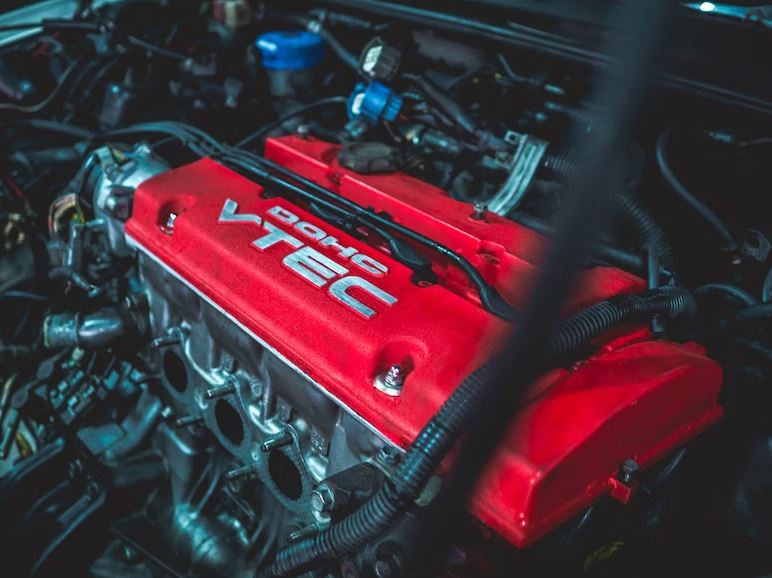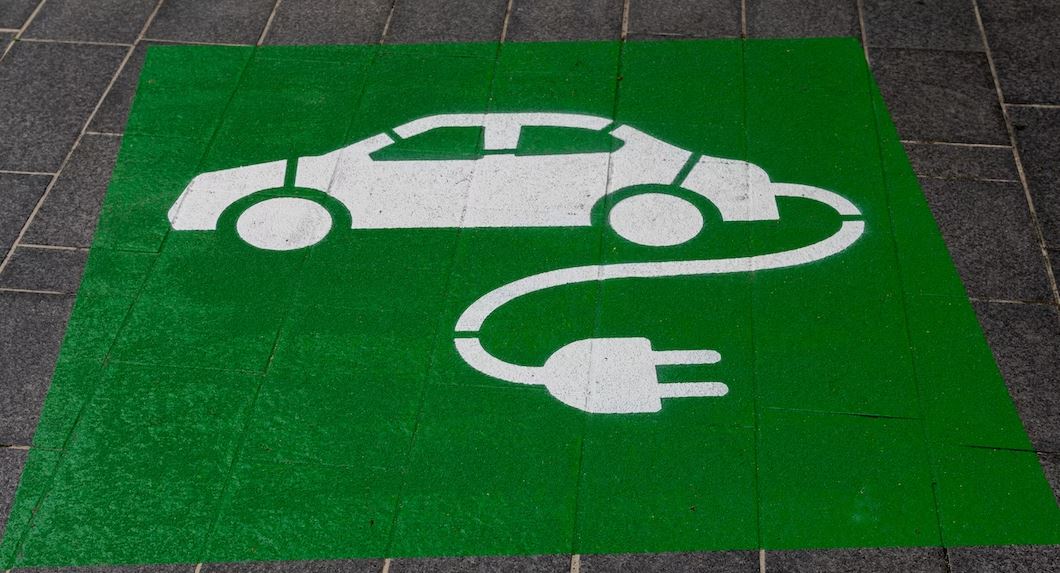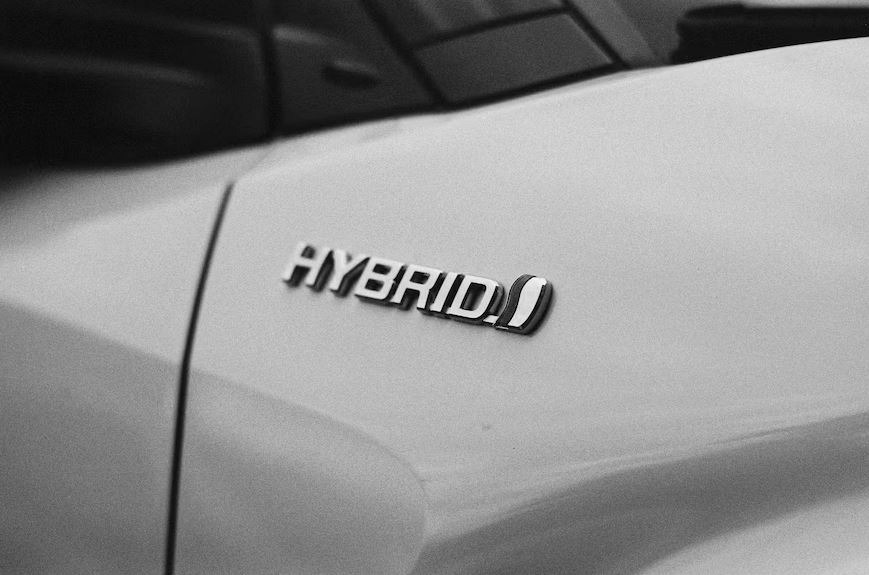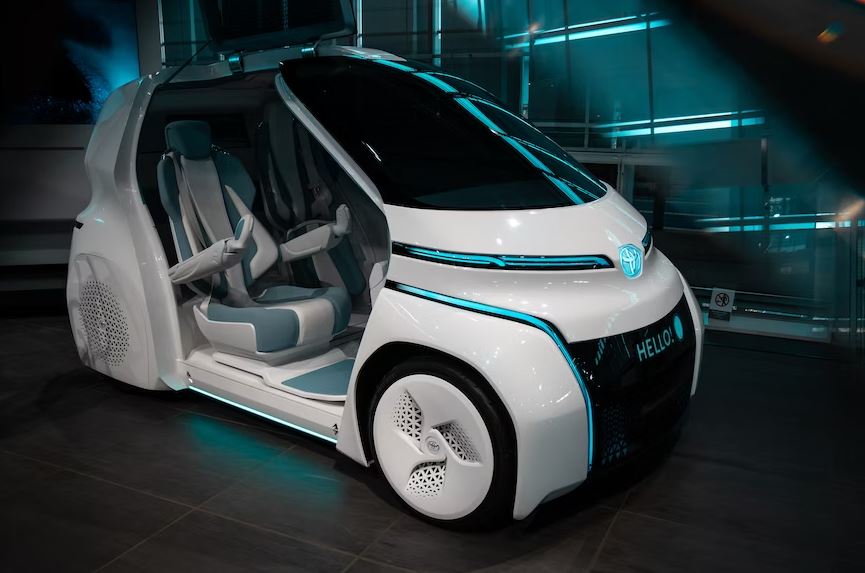Engines are important for cars and other types of motorized vehicles, as the engines are responsible for creating power that is enough to make the other parts of a vehicle move. Throughout the years, there have been many different types of car engines that have been designed and produced, although only a few are considered to be the most popular, the most useful, and the most common. To learn more, here are the things you need to know about the most popular types of car engines.
Gasoline Engines
A gasoline engine, also known as a spark-ignition engine, is a type of internal combustion engine that uses gasoline as its fuel. It is designed to convert the chemical energy contained in gasoline to mechanical energy, which can then be used to power a vehicle or other machinery.
The engine operates by compressing a mixture of gasoline and air in a cylinder, igniting the mixture with a spark plug, and then allowing the resulting explosion to drive the piston. They utilize a precise balance of fuel and air that is compressed by the pistons and ignited through the use of spark plugs. This process is integral to the functioning of the engine, as the correct mix of fuel and air ensures efficient combustion and maximum performance.
The compression of the fuel and air mix by the pistons helps to increase the engine’s power output, while the ignition of the mixture by the spark plugs provides the necessary energy to drive the engine’s mechanical components.
Gasoline engines are widely used in cars, trucks, boats, and other vehicles, and have been a cornerstone of modern transportation for over a century. Gasoline remains the most widely consumed petroleum product in the United States, with an average consumption of about 8.8 million barrels per day (b/d) in 2021. This translates to approximately 369 million gallons per day, representing 44% of the total U.S. petroleum consumption [1]. The continued high demand for gasoline is due to its ubiquitous use as a transportation fuel.
Gasoline-powered vehicles have been a popular choice for many car owners due to their lower maintenance requirements compared to other types of engines . This factor reduces the overall maintenance costs associated with owning and operating a vehicle. Also, these engines usually have less complex systems that are easier and cheaper to repair, further reducing the potential costs for car owners. This also means that there is a lower risk of breakdowns, which is beneficial in terms of reliability and safety.
Despite the recent advancements in electric vehicle technology and the push towards alternative fuels, gasoline is expected to remain the primary fuel for automobiles in the U.S. for the foreseeable future. This underscores the need for ongoing efforts to ensure the availability, affordability, and sustainability of gasoline, while also exploring and developing cleaner alternatives.
Diesel Engines
Diesel engines are internal combustion engines that operate on the principle of compression ignition, where the air is compressed to a high temperature and pressure to ignite the fuel. They are widely used in heavy machinery, automobiles, trucks, ships, and generators due to their high efficiency and durability.
Diesel engines differ from gasoline engines in that they do not rely on spark plugs for ignition, but instead use compression to heat the air and ignite the fuel. This fundamental difference in the combustion process provides diesel engines with several advantages, including improved fuel efficiency, greater torque output, and increased durability.
Because diesel engines compress air to ignite fuel, they can operate at much higher compression ratios than gasoline engines, resulting in more complete combustion and improved fuel economy. They are equipped with a fuel injection system, which sprays the fuel into the combustion chamber to mix with the compressed air.
Diesel fuel contains more energy per gallon than gasoline, resulting in better fuel efficiency and fewer trips to the gas pump. The Department of Energy reports that diesel engines can achieve up to 35% more miles per gallon than gasoline engines.
According to the Diesel Technology Forum, there are around 15 million commercial vehicles registered in the US, and 76% of them are powered by diesel engines. These include small, medium and highway tractor-trailer trucks. Over 7 million [2] passenger vehicles in the US run on diesel, which include cars, pickup trucks, vans, and SUVs.
Diesel engines have long been lauded for their impressive torque output, which makes them a superior choice for heavy-duty applications such as hauling or towing. This is due to the high compression ratio of diesel engines, which generates a greater amount of force in each cylinder stroke compared to gasoline engines. As a result, diesel vehicles can provide more low-end power and sustained pulling ability. This increased torque also makes diesel engines more fuel-efficient in these situations, as they require less effort to move heavy loads.
Diesel engines are known for their reliability and longevity, making them a popular choice for industrial and commercial applications.
In order to optimize the performance of a diesel engine, it is important to log significant mileage on the highway. This is where the engine’s design and increased fuel economy can truly shine, providing the most benefit to the driver. However, it is important to note that if the majority of one’s driving is limited to short-distance, low-speed city driving, it may result in clogging the engine’s particulate filter. This can lead to additional maintenance requirements and added costs.
Electric Engines
Electric engines, also known as electric motors, are devices that convert electrical energy into mechanical energy. They work on the principle of electromagnetic induction, where the interaction of a magnetic field and an electric current causes a force to be exerted on a wire. This force generates rotation around an axis, which can be used to power machinery or vehicles.
Electric engines are highly efficient, producing far less waste heat than internal combustion engines, and have become increasingly popular in recent years as electric vehicles gain popularity. They are also used in a wide range of applications, from industrial machinery to household appliances.
The range of most electric vehicles currently available in the market ranges between 60 and 120 miles per charge, with some luxury models extending up to 300 miles per charge. While this may be sufficient for daily commutes, it poses a challenge for those who frequently take long trips. In comparison, gas-powered vehicles can cover an average of 300 miles on a full tank of gas, with more fuel-efficient options providing even higher driving ranges. The availability of charging stations can further limit the practicality of electric cars for long-distance driving.
Sales of plug-in electric passenger cars in the US rose from 0.14% in 2011, to 2.1% in 2018. After a decline of sales in 2019, electric cars increased again to 4.6% in 2022, with the state of California having the most number of electric car sales in the country [3].
Hybrid Engines
Hybrid engines are a type of engine that combines two or more power sources to drive a vehicle or machine. This involves the use of an internal combustion engine (ICE) and an electric motor, which work in tandem to produce power.
The ICE is responsible for providing the primary source of power, while the electric motor provides additional power, particularly during acceleration or when the ICE is operating less efficiently.
Hybrid engines are designed to be more fuel-efficient and emit less emissions than traditional ICE engines. They also have regenerative braking systems that convert kinetic energy into electrical energy, which can then be stored in a battery for later use.
Hybrid vehicle sales started to boom in 1999; in 2013, 3.2% of the light vehicle market in the US consists of hybrid cars, which later increased to 5.5% in 2021 [4].
Hybrid vehicles have become increasingly popular due to their numerous benefits, and one of the most obvious advantages is reduced fuel costs. The impressive fuel economy ratings of hybrid vehicles are particularly attractive to individuals who spend a lot of time behind the wheel. Furthermore, the ability of hybrid vehicles to operate on battery power at lower speeds can save even more fuel for drivers who frequently encounter congested traffic during their daily commute. This feature not only helps in reducing fuel consumption but also contributes to a cleaner environment.
Despite their benefits, hybrid cars tend to be more expensive to purchase than traditional gasoline-powered vehicles. This is due to the advanced technology and components required to create a hybrid powertrain, which can add to the overall cost of production.
The cost of maintaining a hybrid car is generally higher than that of a regular car due to the complexity of its powertrain and specialized technology. In addition, the hybrid battery can be costly to replace, often running up to thousands of dollars more than a standard car battery.
Fuel Cell Engines
A fuel cell engine is an electrochemical device that converts the energy from a fuel into electrical energy. It is a clean and efficient technology that offers significant advantages over traditional combustion engines.
This type of engine operates on the principle of the electrochemical reaction between hydrogen and oxygen, generating electricity and producing water as the only byproduct. Fuel cells have a higher efficiency than internal combustion engines, making them more environmentally friendly and reducing dependence on fossil fuels.
Fuel cell electric vehicles (FCEVs) offer a promising alternative to traditional gas-powered vehicles as they create zero tailpipe emissions. Similar to electric vehicles, FCEVs use an electric motor to power the wheels. However, FCEVs do not require constant charging as they create electricity onboard through an electrochemical process that combines hydrogen and oxygen to produce electrical energy and water. This means that owners can refuel with hydrogen gas, which is readily available at conventional gas stations.
Fuel cell engines have potential applications in a variety of industries, including transportation, stationary power generation, and portable power.
Despite their potential as a sustainable alternative to traditional combustion engines, fuel cell cars are not without their disadvantages. One major drawback is the current lack of infrastructure for refueling, with only a limited number of hydrogen fueling stations available in certain regions.
Fuel cell technology remains expensive and its production process is energy-intensive, which may deter widespread adoption. The durability of fuel cells also remains a concern, as they may degrade over time and require costly replacement.
As of February 2023, there are over 15,471 fuel cell cars sold and leased in the US, with 57 hydrogen stations in operation. However, fuel cell cars and their stations are only based in the state of California [5].
Conclusion
There are several different types of car engines available on the market today, each with their own unique strengths and weaknesses. From the reliable and efficient inline-four to the powerful V8, consumers have a wide range of options to choose from depending on their needs and preferences. Understanding the different types of car engines and their capabilities can help consumers make informed decisions when purchasing a new vehicle or when considering modifications to their existing one.
References
[1] Use of oil and petroleum products explained https://www.eia.gov/energyexplained/oil-and-petroleum-products/use-of-oil.php
7 Million Diesel Vehicles Registered In U.S. https://www.newequipment.com/industry-trends/article/22057823/7-million-diesel-vehicles-registered-in-us
[2] Plug-in electric vehicles in the United States https://en.wikipedia.org/wiki/Plug-in_electric_vehicles_in_the_United_States
[3] Hybrid-Electric, Plug-in Hybrid-Electric and Electric Vehicle Sales
https://www.bts.gov/content/gasoline-hybrid-and-electric-vehicle-sales
[4] By The Numbers: FCEV Sales, FCEB, & Hydrogen Station Data
https://h2fcp.org/by_the_numbers





